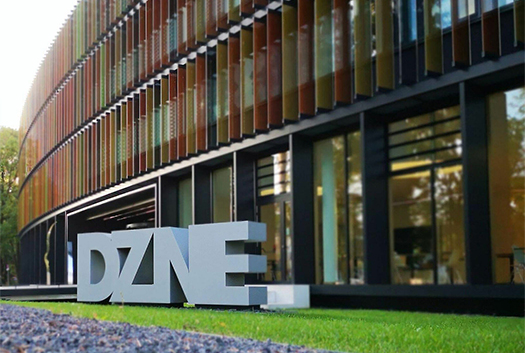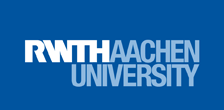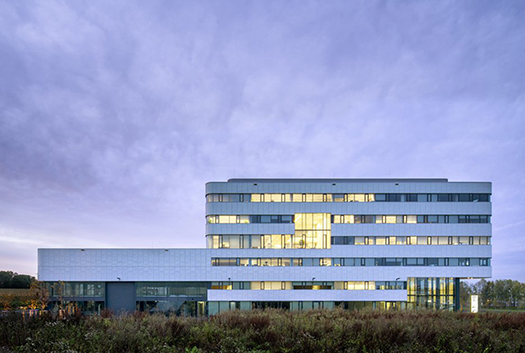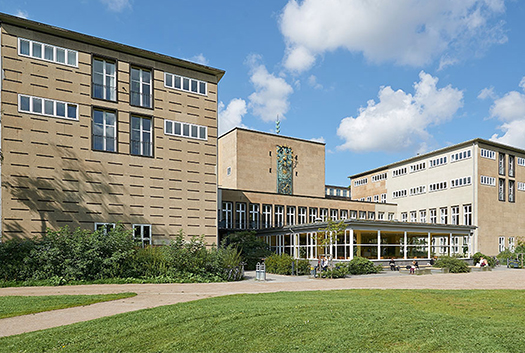
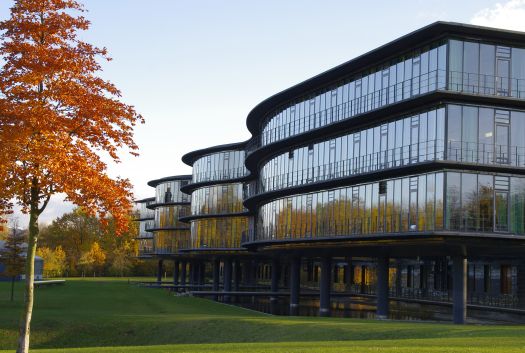
Bonn
Max Planck Institute for Neurobiology of Behavior – Caesar
The Max Planck Institute for Neurobiology of Behavior – Caesar (MPINB) in Bonn focuses on basic research in neuroethology. Researchers at the institute study how the collective activity of vast numbers of neurons gives rise to the plethora of animal behaviors. The interdisciplinary research spans from imaging neural circuits at the nanoscale to analyzing neural activity in a freely moving and naturally behaving animal.

